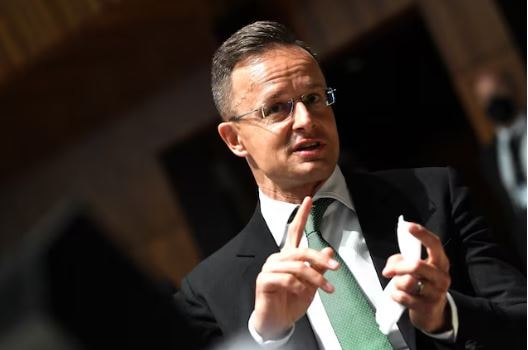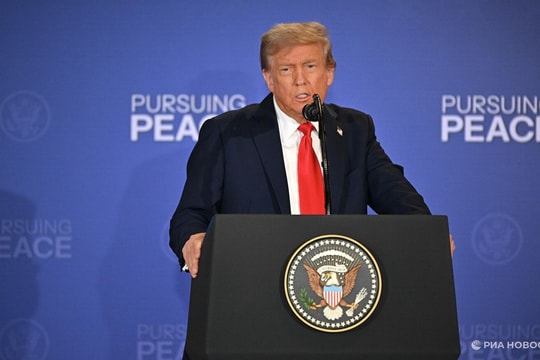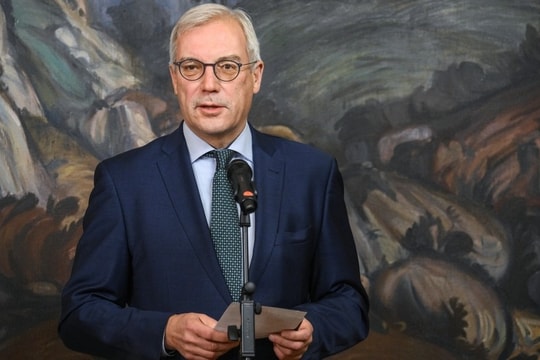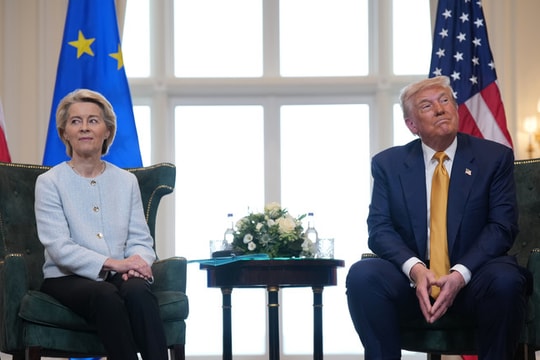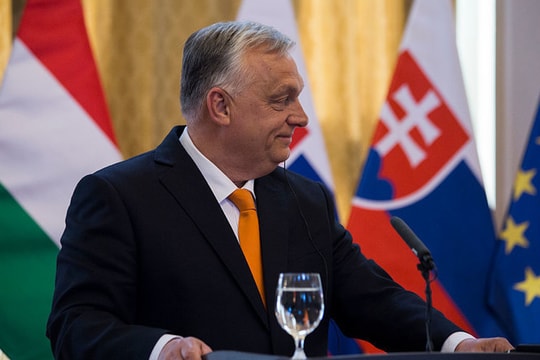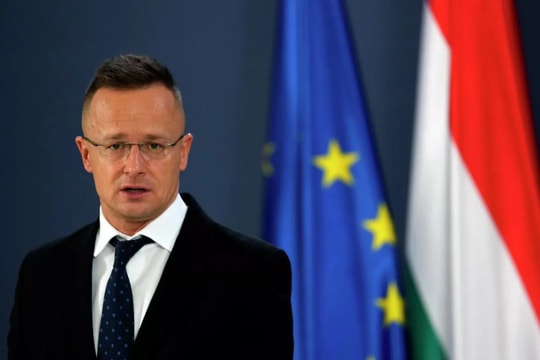'Stick' or 'carrot' for the migrant crisis?
(Baonghean.vn) - The European Commission (EC) is trying to stop the flow of migrants from Africa. Many pressures and incentives are being put in place to 'entice' the countries of the black continent to close their borders and keep migrants.
“We have to start somewhere,” EU foreign policy chief Frederica Mogherini told the European Parliament. “We will not turn the situation upside down with proposals, but there is no other way to change African societies than by working with them.”
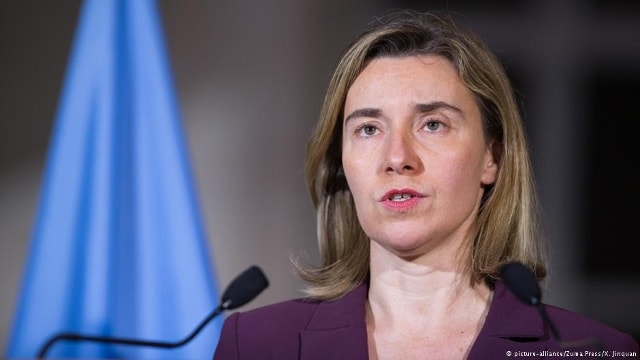 |
| EU foreign policy chief Federica Mogherini wants to work with African societies to tackle migration. |
Migration control
Behind the call for a new form of cooperation between European, Middle Eastern and African countries on migration policy, there is still a political urgency, as a recent EU document states: “Tens of thousands of people are currently arriving in Libya seeking to reach Europe.” Brussels knows that EU members are still at odds, and few want to take in more migrants.
Meanwhile, arrivals to Europe have continued to rise in recent days. Many African migrants are now embarking on deadly journeys across the Western Mediterranean to Italy. That is why the EU wants to sign cooperation agreements with Jordan, Lebanon, Tunisia, Nigeria, Senegal, Mali, Niger, Ethiopia and Libya – agreements similar to the one reached with Turkey.
Countries willing to close their borders, detain illegal migrants and eventually set up migrant reception centres will be rewarded: Europe wants to deliver the promise of more development aid and improved trade relations.
To that end, existing development and migration policy funds in Africa would be combined, and payments would be made depending on, for example, whether North African countries retain their citizens if they are unable to obtain EU residency.
The entire region is part of an investment plan to boost economic development in affected countries. The EC hopes that up to $68 million could be raised if private companies participate and if the European Investment Bank (EIB) guarantees the investment.
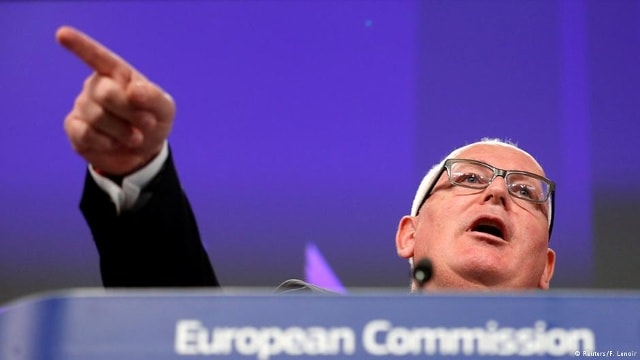 |
| EU Deputy High Commissioner Frans Timmermans negotiated the recent deal with Türkiye on migration. |
Praise from conservatives
Member states took a first step in this direction last autumn, at the EU-Africa summit in Malta. However, no action has been taken since then, following strong promises.
The problem lies in finances: “The EU pledged $2 billion to the African trust fund, but member states have only contributed $91 million,” complained Manfred Weber, head of the conservative African People’s Party (EPP) in the European Parliament.
He also said he had no problem with strengthening development cooperation to implement good migration policies. He said countries that are willing to take back their citizens should be praised, and those that are not should be punished.
Criticism from the left and liberals
“Copying our deal with Türkiye and passing the problems on to others is not the way to progress,” the head of the European Parliament’s liberal wing argued. “Okay, we pay, now you keep the migrants” – this thinking will not work in the long run.
Guy Verhofstadt proposes a more comprehensive EU-Africa cooperation agreement: economic development at home and in transition countries should be enhanced to provide future prospects for people, in addition to promoting democratic development.
The majority of the European Parliament appears to support a mix of carrots and sticks for African countries. “We have to send migrants back and help them get on with their lives in their own countries,” said EU Deputy Commissioner Frans Timmermans.
This is the man who negotiated the deal with Türkiye. And perhaps much tougher negotiations with a long string of African countries await him.
Thao Linh
(According to DW)
| RELATED NEWS |
|---|


